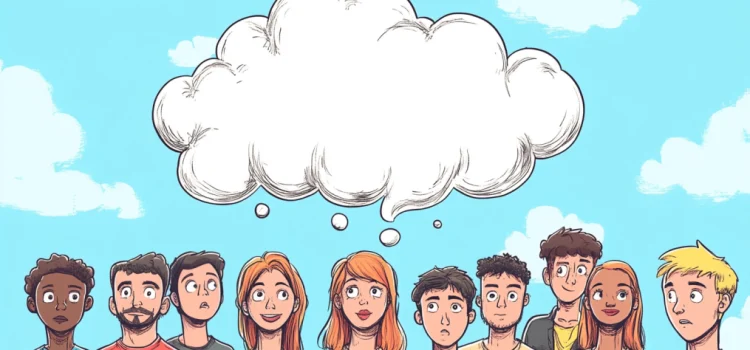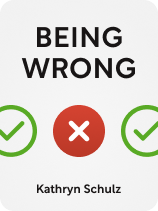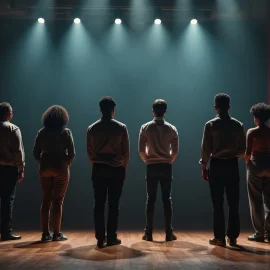

This article is an excerpt from the Shortform book guide to "Being Wrong" by Kathryn Schulz. Shortform has the world's best summaries and analyses of books you should be reading.
Like this article? Sign up for a free trial here.
How does social pressure influence our beliefs and decision-making? Can large groups of people all be wrong together?
In her book Being Wrong, Kathryn Schulz explores the concept of group consensus and its impact on our thinking. She discusses the challenges of independent thought and the power that social influence wields over what we believe.
Read on to discover how group dynamics shape our beliefs and why thinking for ourselves might be harder than we imagined.
Group Consensus
Being wrong doesn’t happen only on an individual level. We don’t form our beliefs on our own, and history has shown that large groups of people can all be wrong at once. Try as you might, there’s no way to avoid learning beliefs and behaviors from the people around you, and, when you’re firmly embedded in a group, any fallacies in the thinking of that group are only reinforced by the strength of group identity. In other words, group consensus can lead you astray.
“Think for yourself” is common advice, but unfortunately, you can’t do it. We all rely on other people’s knowledge—there’s too much in the world to learn on our own. The problem is telling whether or not someone else’s beliefs are worth sharing. Schulz argues that we generally don’t judge someone else’s beliefs on the merit of their ideas. Instead, we first decide if someone else is trustworthy—if they are, we accept their beliefs. This is a time-saving shortcut that lets us learn from teachers and parents, determine which news articles to read, and decide which opinion podcasts to listen to. However, this shortcut opens up a world of error because it multiplies our own faulty judgment by that of many others. Mistakes spread like a plague.
(Shortform note: The power of groups to propagate mistakes is so strong that in The Design of Everyday Things, psychologist Don Norman argues that systems which rely on human judgment must factor social pressures that magnify human error into their design. He writes that it’s not enough—or even productive—to assign individual blame if some facet of a system or an organization is the root cause of the errors its members make. Norman’s solution is to engineer a system with the assumption that people will be wrong and make mistakes so that those errors can be detected before they spread. Unfortunately, the social systems Schulz describes aren’t engineered but grow organically, making them vulnerable to faulty human nature.)
Schulz says that, in years past, we formed many of our beliefs based on the groups we were raised in, but, in the Information Age, we seek out and form groups based on shared beliefs. Group consensus is a powerful drug, and in a group based on common ideas, belief in those ideas is self-reinforcing, while any evidence against them is ignored by the strength of the group’s willful blindness. For instance, consider how strongly groups of music fans react to criticism of the artists they enjoy, even when those artists’ work is in decline.
When social status and group membership are defined by your agreement with certain beliefs, then any dissent is an attack on the group and can be punished by shunning, expulsion, or worse. Human beings are social animals, and it’s easier to go along with questionable ideas than lose your group status.
(Shortform note: Research into the behavior of online groups has shown that the strength of group consensus is directly proportional to the group’s size. Potentially more problematic is how the same studies show that group consensus can easily be swayed by artificial “bots” that pretend to voice opinions as group members. When enough of these bots are in agreement with each other, the opinions of the entire online group can shift, showing how easily large social networks can be misled by a handful of bad actors leveraging modern information technology.)

———End of Preview———
Like what you just read? Read the rest of the world's best book summary and analysis of Kathryn Schulz's "Being Wrong" at Shortform.
Here's what you'll find in our full Being Wrong summary:
- Why you shouldn’t try to completely avoid making mistakes
- The reasons why you get things wrong
- How to make mistakes without falling victim to shame and denial






